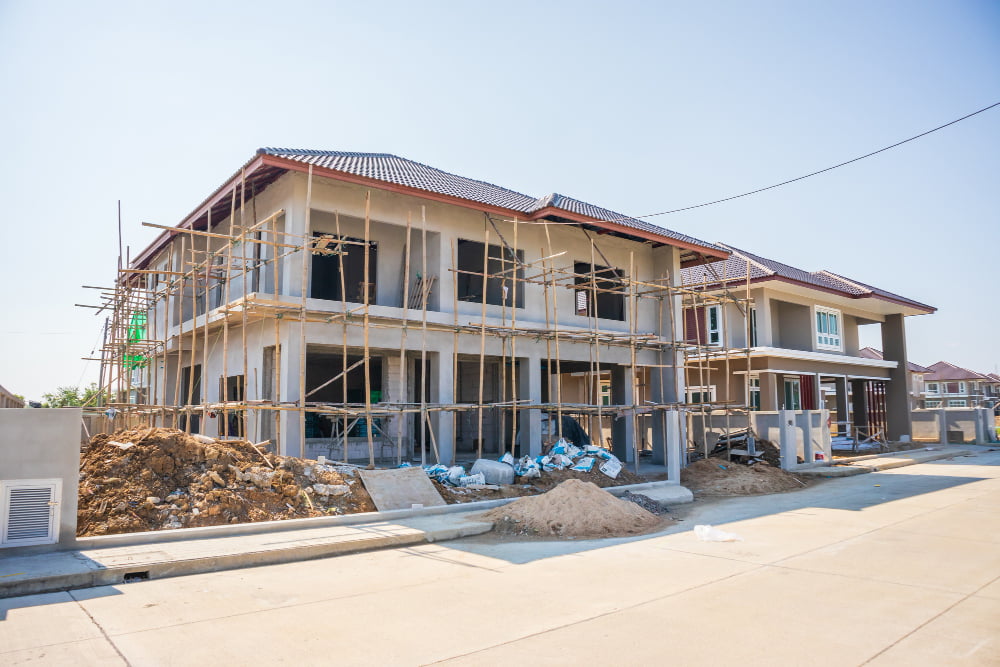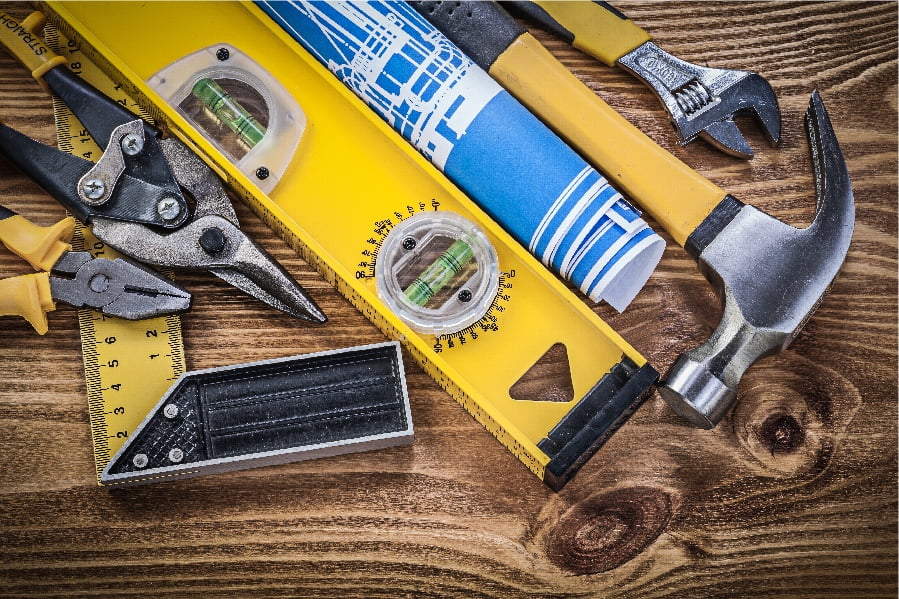Last updated on
Here’s everything you need to know about securing a subdivision bond for your new construction project. Read on!
Starting a construction project is a complex process that requires careful planning and preparation. One of the key elements in this process is securing a subdivision bond, which serves as an assurance to the local government that your project will be completed according to the approved plans and specifications.
A subdivision bond guarantees that all improvements made during construction are done so at no cost or expense to the local municipality.
In this article, we’ll explain what a subdivision bond is, why it’s important for your construction project, and how you can secure one for your upcoming build.
What is a Subdivision Bond?

A subdivision bond is a financial guarantee that a developer makes to the local government when beginning a construction project. It ensures that all improvements made during the project are done so at no cost or expense to the municipality and that the project will be completed in accordance with approved plans and specifications.
The bond provides assurance to the local government that any financial losses incurred due to an incomplete project or unauthorized work will be covered. When you secure a subdivision bond, you are essentially guaranteeing that your construction project will meet all of the local regulations and requirements.
Site Development Bonds
Site development bonds, commonly referred to as subdivision bonds, are required by local governments prior to beginning any construction project. They protect the municipality from any financial losses that may occur due to an incomplete or unauthorized project and guarantee that all improvements made during construction will be done so at no cost or expense to the city.
Whether you decide to find out more here or find your own resource to help you understand more about subdivision bonds, it’s important to learn as much as you can about the process. Moreover, the bond ensures that all construction materials and equipment are procured from reputable suppliers and contractors, and guarantees that the project will be completed in a timely and efficient manner. The bond also serves as a form of insurance against any potential legal disputes that may arise due to the project.
Understand Bond Requirements
To obtain a subdivision bond, you must first comprehend the precise regulations set by your local authority. The cost of these bonds might vary between $200 and $2,000, based on the project’s scale and scope. Besides the bond amount, you may also have to demonstrate that all taxes have been cleared or establish a plan to pay off any unpaid dues.
Over a period of time, the bond may be released or renewed if all improvements have been completed according to regulations. It is important to check in with your local government regularly to ensure that all requirements are met and there are no unresolved issues.
Research Bonding Companies
Once you understand the requirements for securing a subdivision bond, it’s time to begin researching local bonding companies. Make sure to do due diligence and select a company with experience in the industry and an established track record of success. Ask friends or colleagues who have used them before, or check online reviews and ratings for additional information.
Find a Surety Company

Once you understand the bond requirements, the next step is to find a surety company that can provide the coverage. A surety company is an entity that provides financial security for construction projects by guaranteeing payment of negotiated sums in case of default or non-performance of contractual agreements.
It’s important to shop around to find the best surety company for your project, as not all companies offer the same services or level of coverage.
Secure Your Bond
Once you’ve chosen a surety company, they will usually require some form of collateral in order to secure the bond. This may include a third-party guarantee, a cash deposit, or an irrevocable letter of credit from a financial institution. Once the surety company has been provided with this information, they will issue the bond, and it can be submitted to the local government for approval.
For instance, a good idea when working with a surety company is to provide them with a third-party guarantee. This guarantees that they will receive payment in case of default or non-performance on your part.
Securing a subdivision bond for your construction project is an important step in the process. It guarantees that all improvements made during construction are done so at no cost or expense to the local municipality and ensures that any financial losses incurred due to incomplete projects or unauthorized work will be covered.
Understanding the requirements, researching bonding companies, finding a surety company, and securing your bond with collateral are key steps in this process. With careful planning and preparation, you can ensure that your project meets all of the local regulations and gets off on the right foot.
Related reading:
Table of Contents





